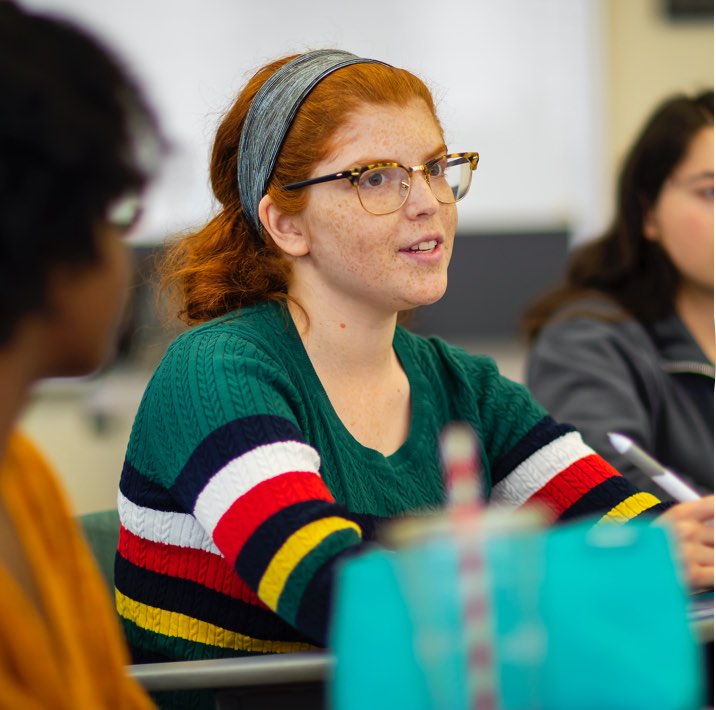Course Proposal
Course Proposal Process

The SNF Paideia Program invites faculty proposals for undergraduate courses in any discipline and are rostered by academic departments in all four of Penn’s undergraduate schools. All Paideia courses share an explicit and intentional commitment to cultivate knowledge of and skills for dialogue that goes beyond a typical seminar discussion or conversation with a guest speaker. Instructors integrate dialogue into the curriculum in a variety of ways, including through course topics and themes, materials, activities, assignments, or research methodologies. Paideia courses align with the program’s values of intentionality, curiosity, humility, and community.
Shared Goals of SNF Paideia Designated Courses
While SNF Paideia designated courses can vary in their size, topic, discipline, and pedagogical approach, they should include one or more of the following:
- Learning about dialogue:Courses that focus on the history, theory, and/or practice of dialogue and related forms of public deliberation and collective problem-solving (e.g., courses that explore the nature, value, goals, functions, effects, and limits of dialogue; how effective dialogue is facilitated or inhibited by institutions and the different mediums through which it occurs; the conditions that facilitate or inhibit successful dialogue; etc.)
- Learning from dialogue:Courses that (1) draw on and interrogate historical and/or contemporary examples of dialogue (e.g., in which students read the Platonic dialogues or transcripts of the South African Truth and Reconciliation Commission, or watch, listen to or read transcripts of political or policy debates, etc.); and/or (2) include opportunities for students to observe dialogic practices (e.g., listen to guest speakers exchange views on topics relevant to the course from different ideological or cultural perspectives).
- Learning to dialogue:Courses that (1) develop the skills, values, and/or habits of effective dialogue (e.g., courses on listening, rhetoric/persuasion, storytelling, empathy, perspective-taking, conflict resolution, debate, negotiation, etc.); and/or (2) provide students with opportunities to interact with members of ideologically or culturally diverse communities (e.g., courses that include field work in collaboration with marginalized communities and groups).
In addition, proposed SNF Paideia courses:
- Should be new or substantially revised or enhanced courses that fit well with the program goals.
- Are rostered and listed through existing Penn departments and schools and require the approval of those departments and schools.
- Can be taught from different disciplinary and interdisciplinary perspectives by faculty from the humanities, social sciences, and sciences and from any of Penn’s twelve schools.
- Should allow students to connect dialogue to their academic interests, core school requirements, and majors. To this end Paideia designated courses can fulfill Department and/or School requirements, with the approval of the Department or School in question.
- Should be open and accessible to students from all four undergraduate Schools, ideally without prerequisites.
- Are intended to be taught regularly, at least once every other year.
- Often incorporate opportunities for community engagement, guided research, or other innovative teaching strategies.
Course Support
SNF Paideia can provide financial support (averaging $25,000) to develop and teach an SNF Paideia designated course. Instructors can request a one-time stipend to support new course development and additional funding to cover teaching costs each time the course is offered. The teaching funds may be used as salary for the instructor (if the course is an overload), as a stipend for a graduate TA or other instructional support, to cover the costs of student research or travel for the course, stipends for guest speakers, or other course-related expenses approved in advance by the SNF Paideia Program.
Proposal Process
Applications for fall 2026 courses are due December 10, 2025.
If you have any questions, feel free to contact the program’s Executive Director, Leah Anderson.
